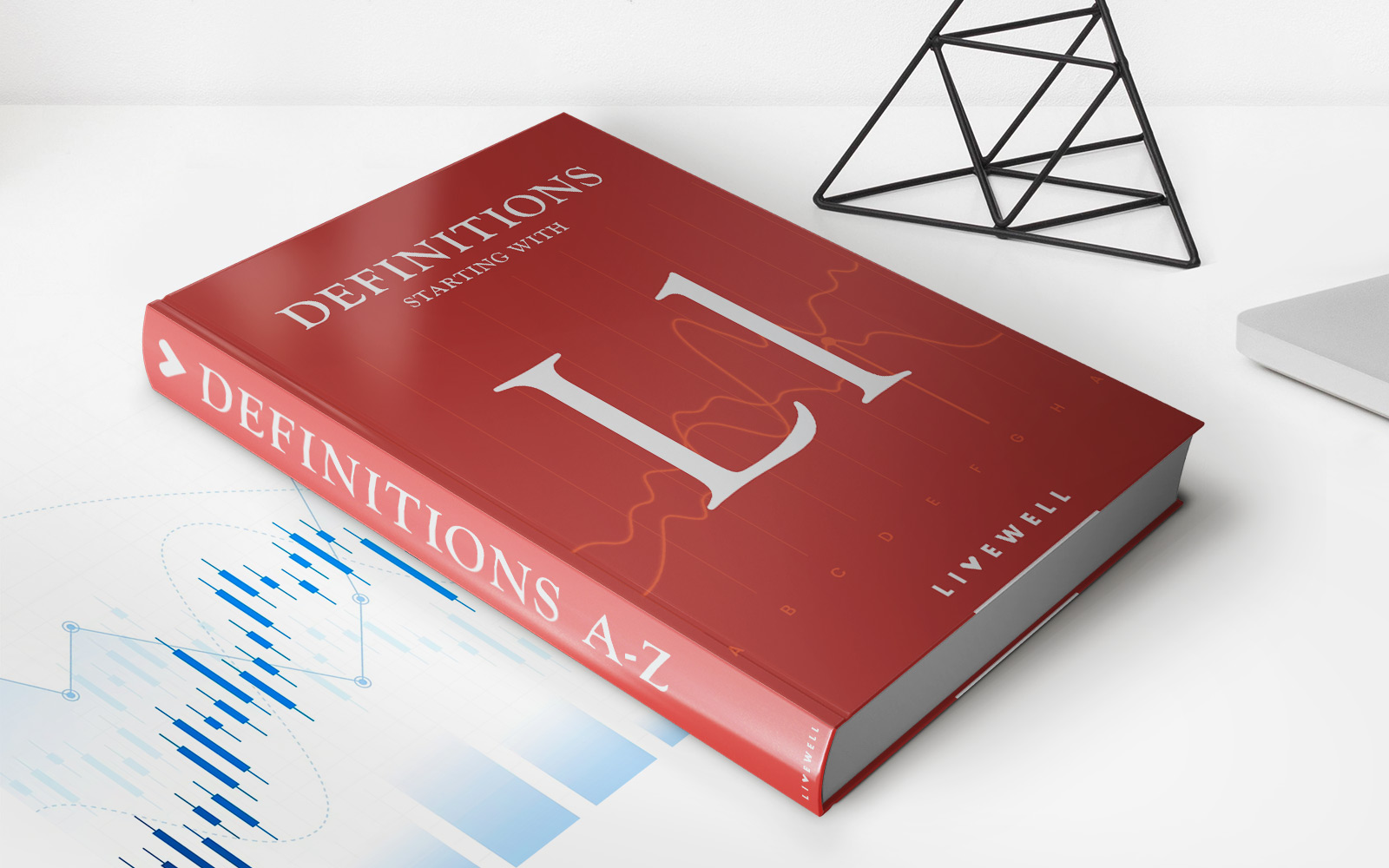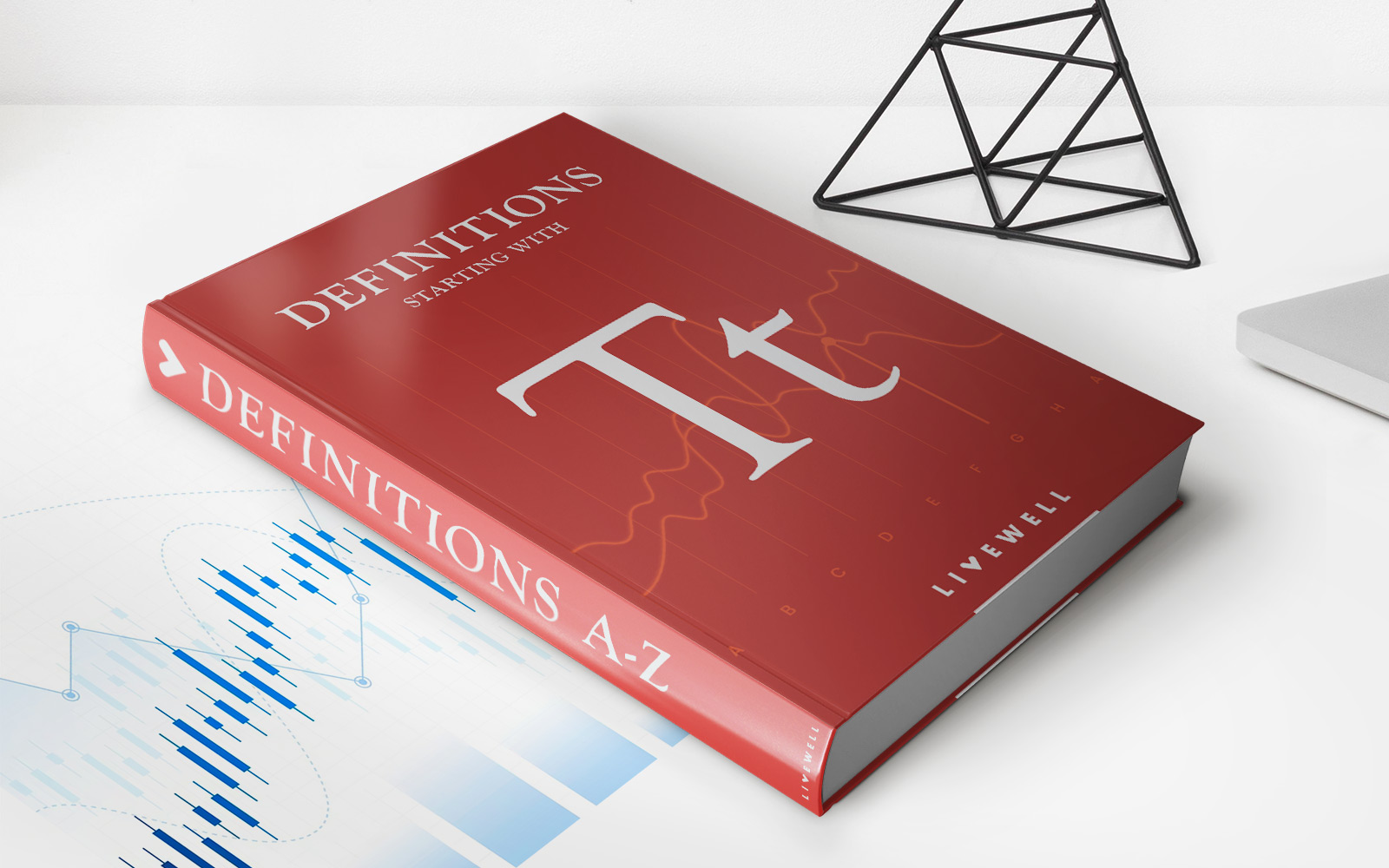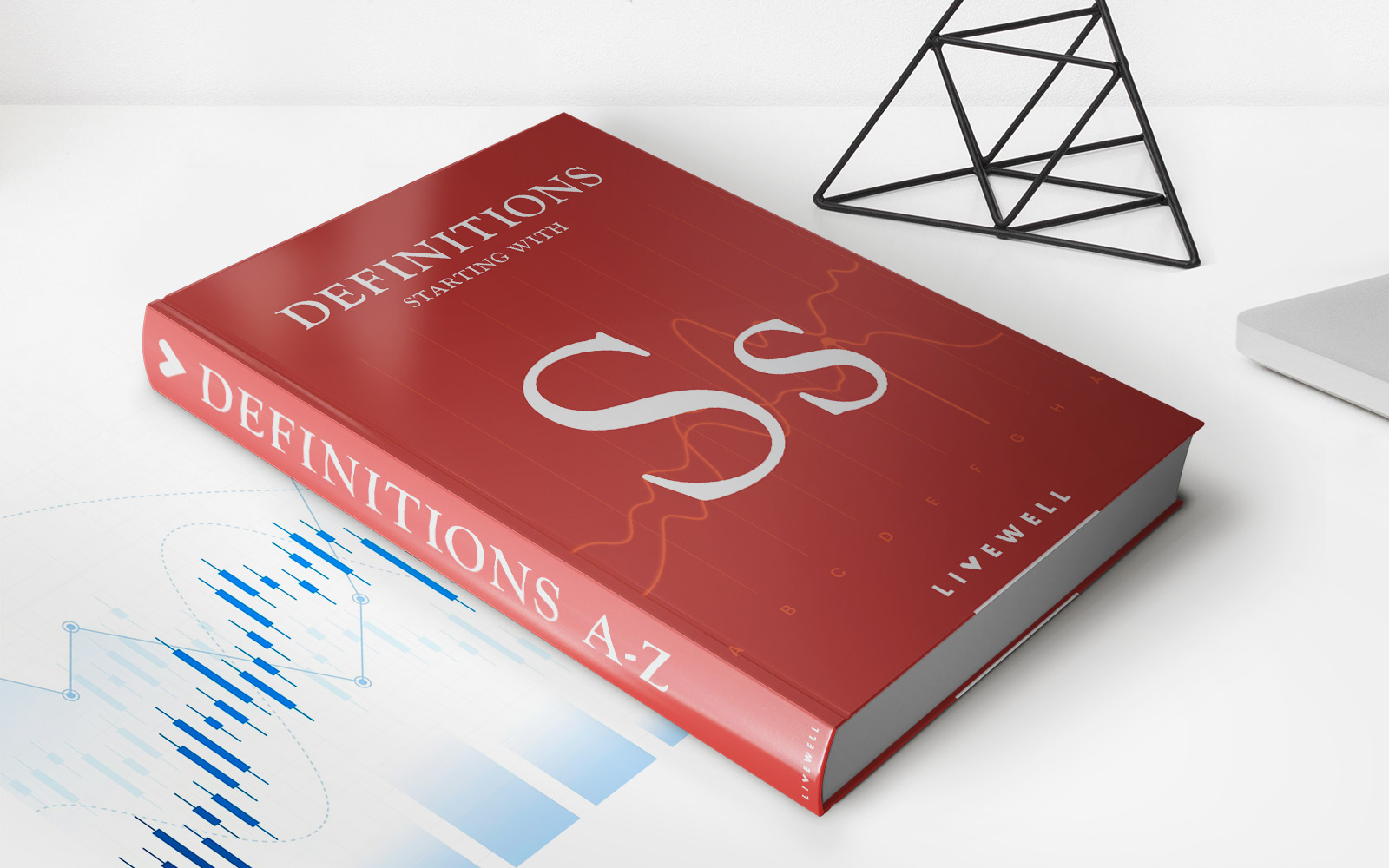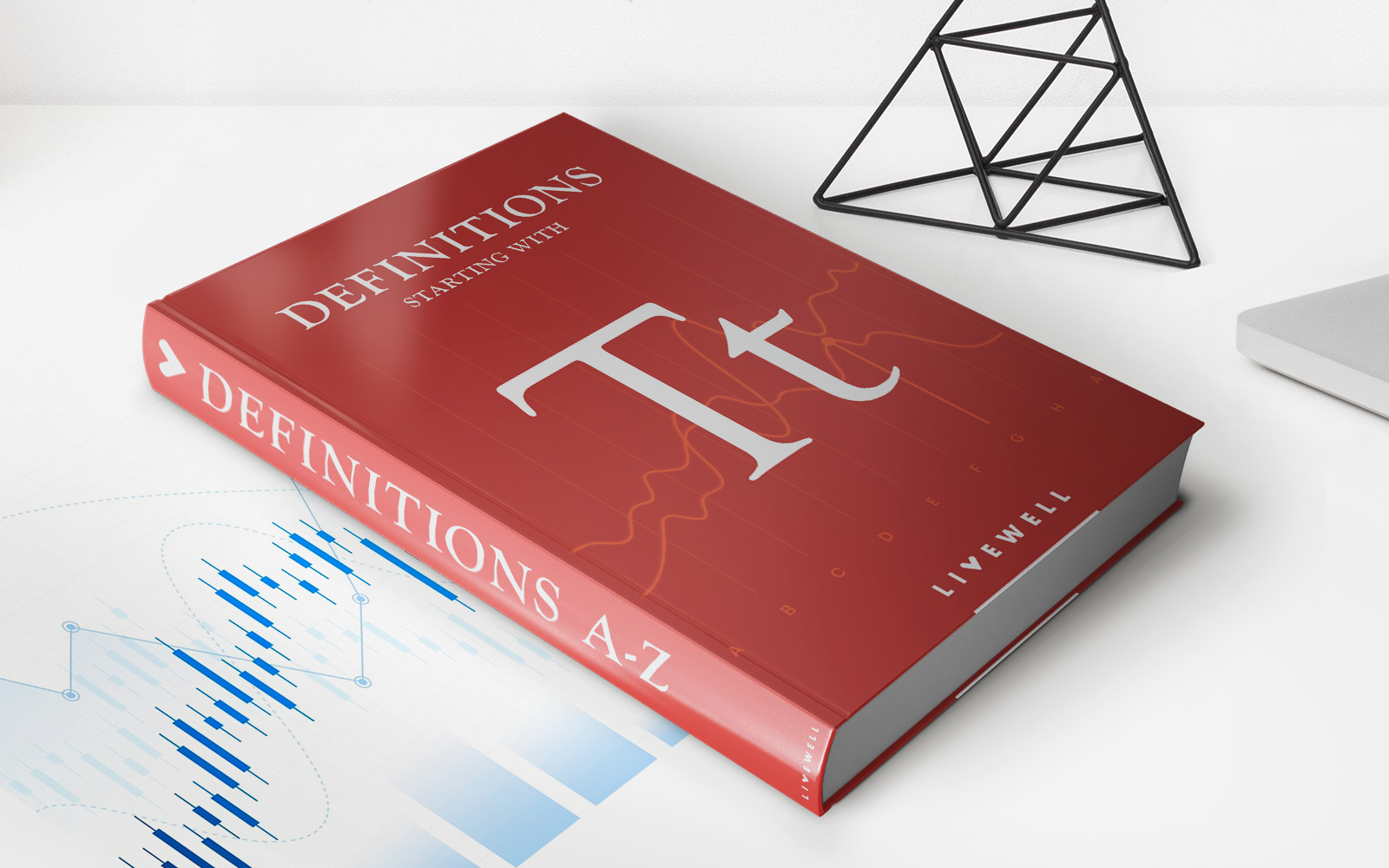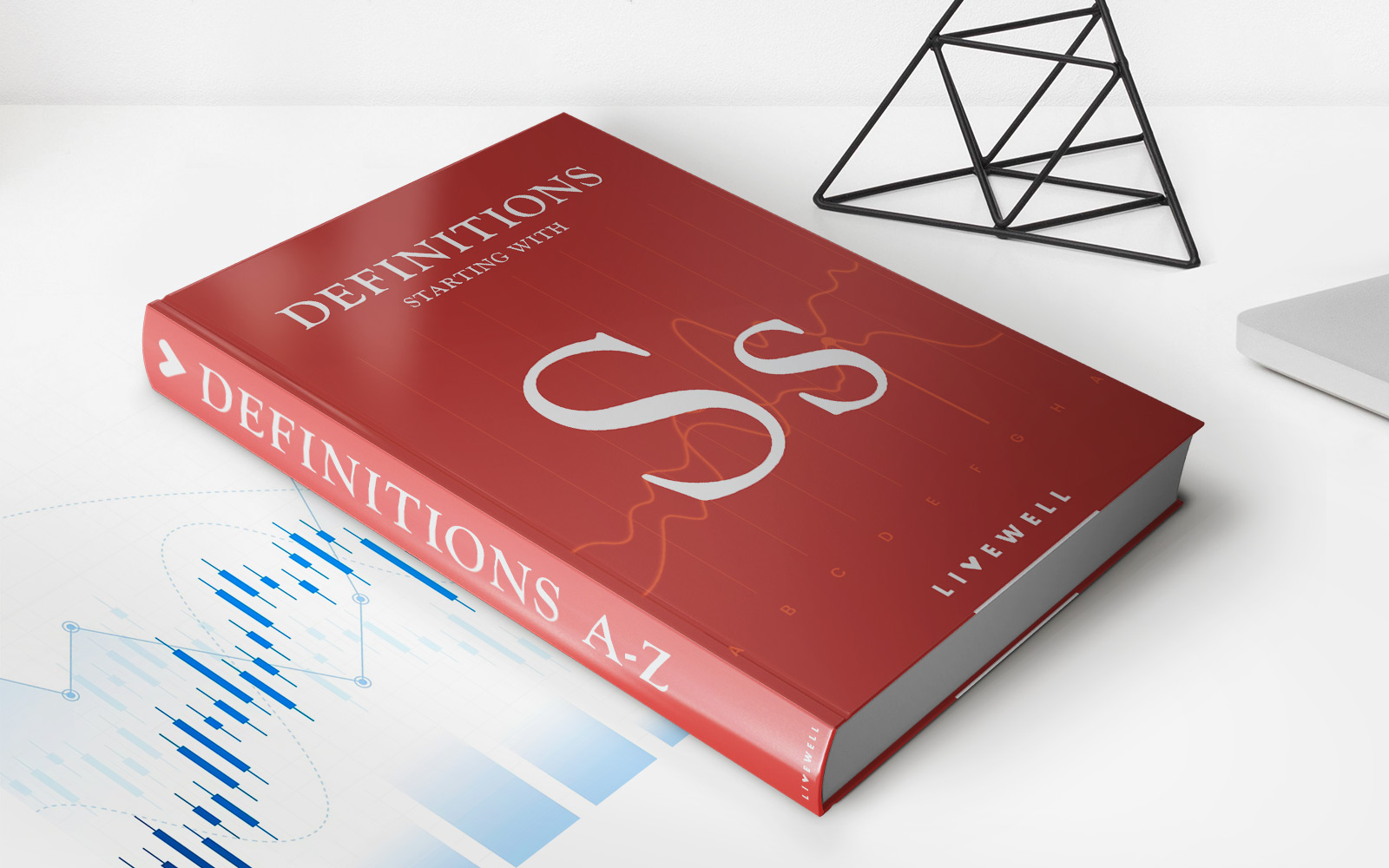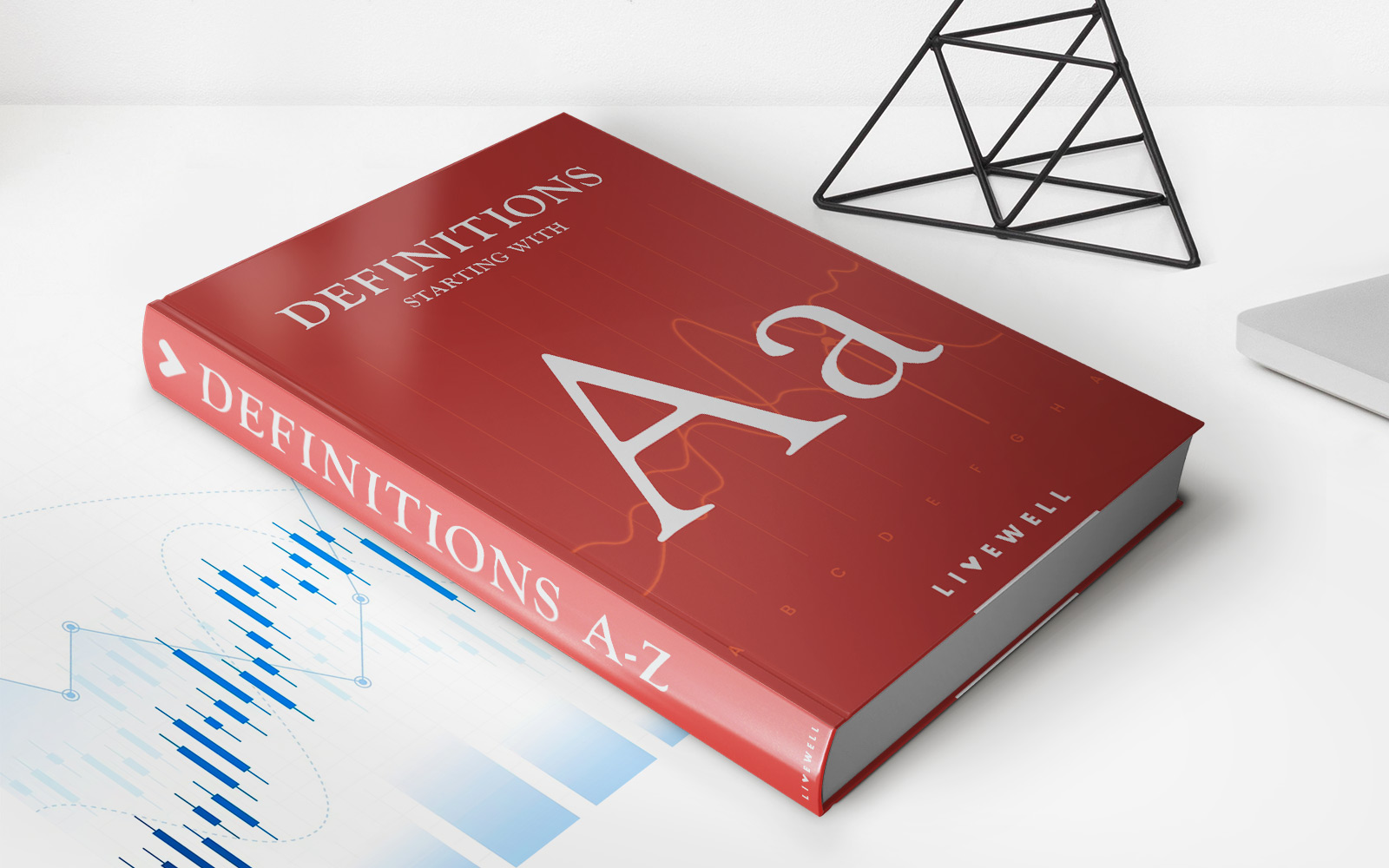Home>Finance>Exempt Income: Definition, Examples, And Tax Rules
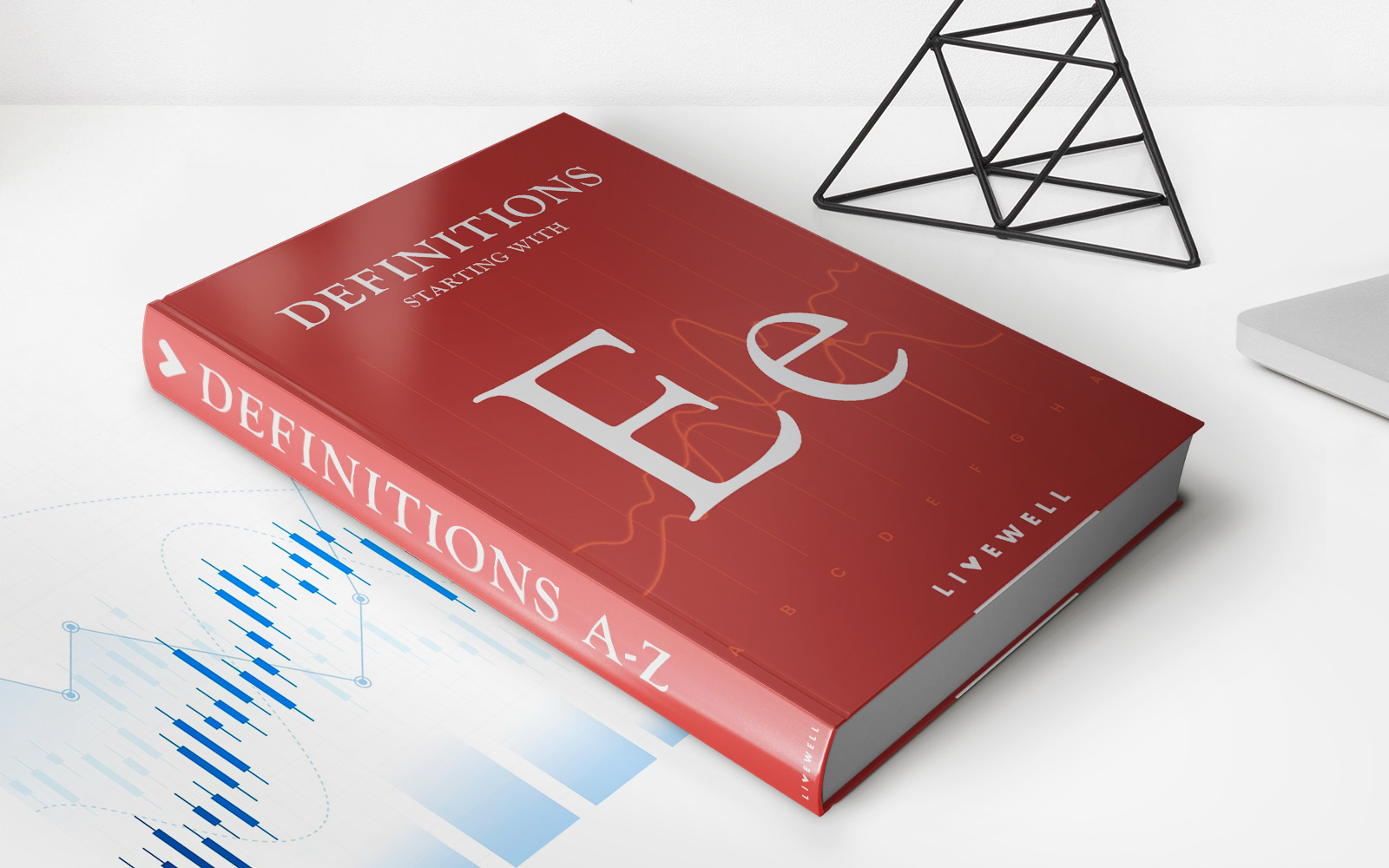

Finance
Exempt Income: Definition, Examples, And Tax Rules
Published: November 20, 2023
Learn about exempt income in finance, including its definition, examples, and tax rules. Explore how certain sources of income are not subject to taxation.
(Many of the links in this article redirect to a specific reviewed product. Your purchase of these products through affiliate links helps to generate commission for LiveWell, at no extra cost. Learn more)
Exempt Income: Definition, Examples, and Tax Rules
When it comes to personal finances, it’s important to understand the various sources of income and how they may impact your taxes. One such type of income is known as exempt income. But what exactly is exempt income? In this blog post, we will explore the definition, provide examples, and discuss the tax rules surrounding exempt income.
Key Takeaways:
- Exempt income refers to income that is not subject to taxation.
- There are various types of exempt income, such as interest earned on certain savings accounts and income from municipal bonds.
What is Exempt Income?
Exempt income is any type of income that is not subject to federal or state income taxes. This means that individuals who earn exempt income do not have to report it on their tax returns, and it is not included when calculating their overall taxable income. Understanding what income is exempt can help individuals make informed financial decisions and optimize their tax strategies.
Examples of Exempt Income
Here are some common examples of exempt income:
- Interest earned on municipal bonds: Interest income from certain municipal bonds, issued by state or local governments, is typically exempt from federal income tax. This makes municipal bonds an attractive investment option for individuals in higher tax brackets.
- Social Security benefits: For many individuals, a portion of their Social Security benefits may be tax-free depending on their overall income level. This provides a significant financial advantage for retirees, allowing them to make the most out of their retirement savings.
- Qualified Roth IRA distributions: Distributions from a Roth IRA, a retirement savings account funded with after-tax dollars, are generally exempt from income tax if specific conditions are met. This enables individuals to withdraw their savings in retirement without having to pay taxes on the funds.
- Life insurance proceeds: If you receive a payout from a life insurance policy following the death of the insured, this amount is typically exempt from income tax. This can provide valuable financial support to beneficiaries during a difficult time.
Tax Rules for Exempt Income
While exempt income is generally not subject to income tax, it’s important to note that certain tax rules and limitations may apply. For example:
- Alternative Minimum Tax (AMT): Even if your income is exempt from regular income tax, it may still be subject to the AMT. The AMT is designed to ensure that individuals who have certain types of income or claim certain deductions still pay a minimum amount of tax.
- State and local taxes: While exempt from federal income tax, some types of income may still be subject to state or local taxes. It’s essential to understand the specific rules and regulations in your jurisdiction.
It’s crucial to consult with a tax professional or financial advisor to fully understand the tax implications of any exempt income you may have. They can guide you through the complexities of the tax code and help you make informed decisions regarding your financial future.
In conclusion, exempt income plays an important role in personal finance and taxation. By understanding what income is exempt and the applicable tax rules, individuals can make strategic financial decisions and maximize their overall net income. Remember to consult with professionals to ensure you are optimizing your financial situation and taking advantage of any available exemptions.
